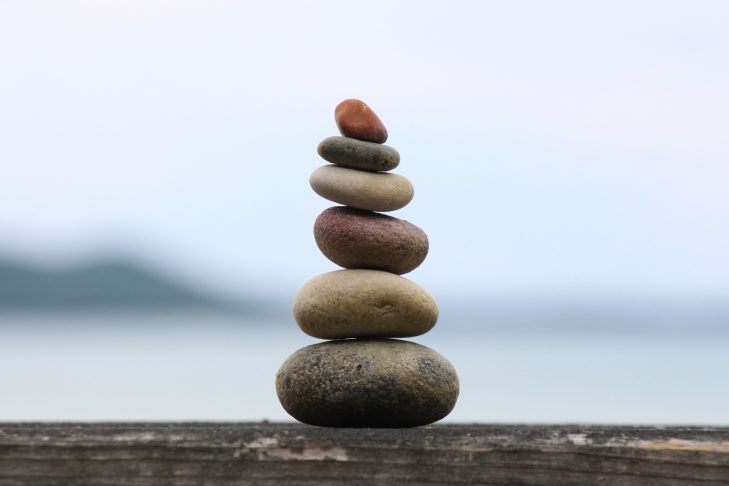He looked tired. At 10am that’s not how anyone would want to be feeling. We were meeting to catch up and discuss a few synagogue projects we were working with. We’re both Israeli-American so naturally relish the opportunity to converse in Hebrew. I asked about his children and whether the younger one was keeping them up at night. He smiled and raved about her, but remarked that her tendency to wake up every 90-minutes during the night was clearly cramping their style (let alone their sleep patterns). I nodded sympathetically, and then he added that the lack of sleep was not as bad as witnessing his wife agonize about not being a good enough mother.
A few days later I was talking with a friend about a major life decision she and her husband were making: relocating with their three children. There was an opportunity there, there were prospects here, and then there are their three children. The husband was convinced the move was the right decision, and that the children will be ok. She was convinced the move might be right decision, but that the children might not be ok. Regardless, she was convinced she was a failure as a mother since she was not able to make a decision, was distracted (being very late to pick up one of the children), and in her mind an overall bad mother.
There are many different ways to understand the phenomenon of maternal or parental guilt: one could go down the psychodynamic path and explore not living up to maternal role models, wanting to compensate for personal early life deprivations and deficits, among other possibilities. One could delve into the cognitive perspective and consider whether the mothers have an unrealistic image of motherhood, or perhaps even being overly critical of themselves.
Finally, one could consider the simplest, most immediate explanation: The mothers were overtired, overwhelmed, and feeling they were functioning at less than their optimal level – thus “not good enough”. They were not having fun. They didn’t feel comfortable being them (at that moment in time).
From the resilience perspective, that is an example of a lack of balance: thinking about resilience I look for a balance between people’s “biology” (physical being and experiences), “psychology” (thoughts, feelings, etc.), and their “social” functioning (relationships, collaboration, communication, etc.). Being resilient means being able to utilize biological, psychological, or social strengths to compensate for areas of weakness.
When we are plagued by a sense of guilt, we tend to withdraw from others – we typically don’t want to publicize the things we’ve done which we feel truly reflect badly on us or on our character. As a result of withdrawing from others we end up in our own self-created echo chamber, with the self-critical thoughts reverberating endlessly through our (often tired) mind. Trying to talk our way out of this echo-chamber, or having spouses/friends try to do the same, is essentially futile. People often feel not understood by others (“you don’t get me”). The solution is not “less guilt”; it is more “other stuff” that will lead to more balance.
What’s the “other stuff”? To get back into balance, we need to seek out potential strengths: being with others (social relationships, intentional collaboration), and “biological” or body related activities to address the fatigue from sleep deprivation or other factors.
In a recent group I was facilitating, I asked participants to pair-up and think about something that was bothering them while playing catch with a tennis ball. After 3-4 minutes of playing catch I asked them to report how they felt. Half felt considerably better (not bothered much or at all), and the rest found they were focusing on possible solutions rather than the original problem. A simple exercise involving physical activity and collaboration with another person can completely change how one feels in the moment.
This post has been contributed by a third party. The opinions, facts and any media content are presented solely by the author, and JewishBoston assumes no responsibility for them. Want to add your voice to the conversation? Publish your own post here. MORE



